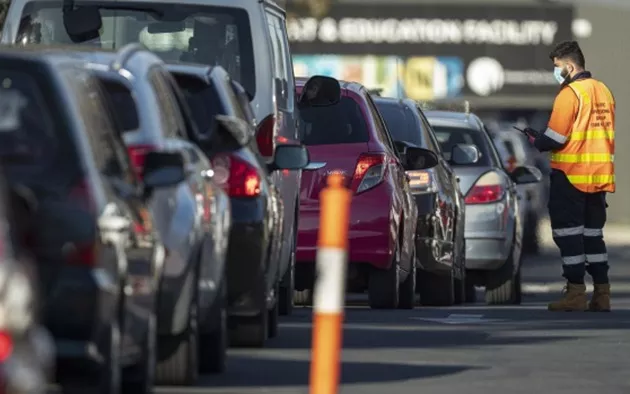In the hustle and bustle of daily life, navigating through traffic congestion has become a common challenge for commuters worldwide. Whether it’s the morning rush hour or the evening commute, traffic jams can add significant stress and time to one’s journey. However, amidst the chaos of urban transportation, there’s a question that often arises: which day of the week has the least traffic?
Understanding Traffic Patterns
To answer this question, it’s essential to delve into the factors that influence traffic patterns. Several variables can affect the volume of traffic on any given day, including:
1. Commuting Patterns: The majority of traffic congestion occurs during peak commuting hours when people travel to and from work. Weekdays typically see a surge in traffic during the morning and evening rush hours as commuters head to their workplaces and return home.
2. Weekend Activities: Conversely, weekends often experience lighter traffic as fewer people need to commute for work. Many individuals take advantage of the weekend to relax, run errands, or engage in leisure activities, resulting in less congestion on the roads.
3. Special Events: Special events, such as holidays, festivals, or sporting events, can also impact traffic patterns. Major events often draw large crowds and may lead to increased traffic congestion in the vicinity of the venue or event location.
4. Weather Conditions: Weather conditions, such as rain, snow, or fog, can influence traffic flow by affecting road conditions and driver behavior. Inclement weather may result in slower driving speeds and a higher likelihood of accidents, leading to increased congestion.
See also: What Day of the Week does Walmart Restock?
Identifying the Day with the Least Traffic
Based on these factors, it becomes evident that weekdays, particularly Mondays through Fridays, tend to experience the highest levels of traffic congestion due to regular commuting patterns. Conversely, weekends, including Saturdays and Sundays, generally see lighter traffic volumes as fewer people need to commute for work-related purposes.
Among weekdays, however, there is variation in traffic levels depending on specific factors:
1. Fridays: Fridays often exhibit lighter traffic in the evenings as commuters may leave work early or take extended weekends, leading to reduced congestion during the afternoon rush hour.
2. Mondays: Mondays typically see increased traffic during the morning rush hour as commuters return to work after the weekend. However, traffic may taper off later in the day, resulting in moderate congestion compared to midweek.
3. Midweek (Tuesday to Thursday): Tuesdays, Wednesdays, and Thursdays generally experience consistent traffic patterns, with moderate congestion during peak commuting hours. These days may offer a balance between weekday obligations and relatively lighter traffic volumes.
Optimizing Travel and Planning Ahead
While it’s helpful to be aware of traffic patterns, individual experiences may vary depending on factors such as location, time of day, and specific events. Nonetheless, understanding which days typically have less traffic can help commuters make informed decisions and plan their travel routes more efficiently.
Tips for Avoiding Traffic:
Flexible Scheduling: Whenever possible, consider adjusting your work schedule to avoid peak commuting hours.
Alternate Routes: Explore alternative routes or modes of transportation, such as public transit or cycling, to bypass congested areas.
Real-Time Traffic Updates: Stay informed about traffic conditions through GPS navigation apps or traffic monitoring websites to make informed route decisions.
Carpooling or Ride-Sharing: Share rides with colleagues or use ride-sharing services to reduce the number of vehicles on the road and alleviate traffic congestion.
Conclusion
While traffic congestion is an unavoidable aspect of modern urban life, understanding the factors that influence traffic patterns can help commuters navigate more efficiently. While weekends generally see lighter traffic volumes compared to weekdays, specific days, such as Fridays, may offer even less congestion due to early departures and extended weekends. By employing strategic planning and adopting alternative transportation methods, commuters can minimize the impact of traffic congestion and enjoy smoother journeys on the road.

